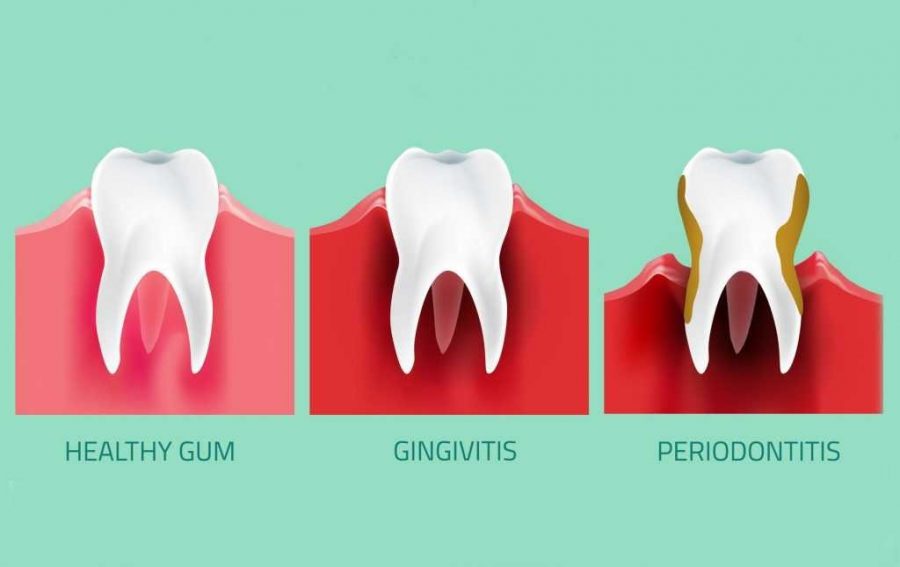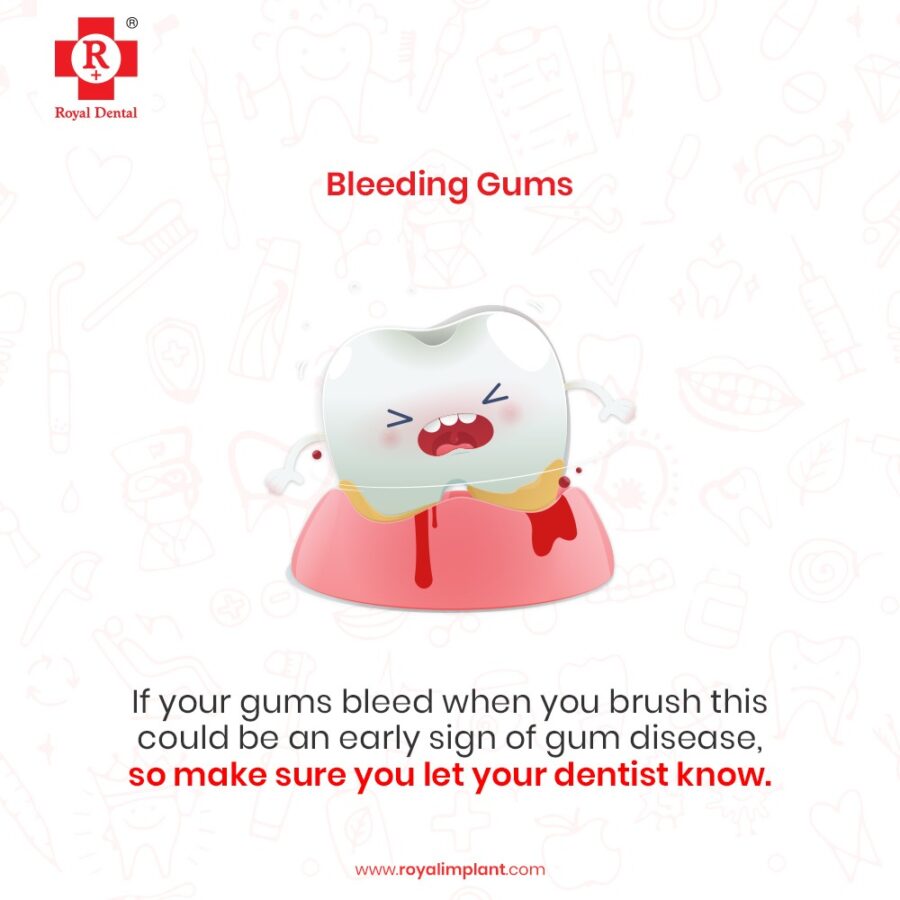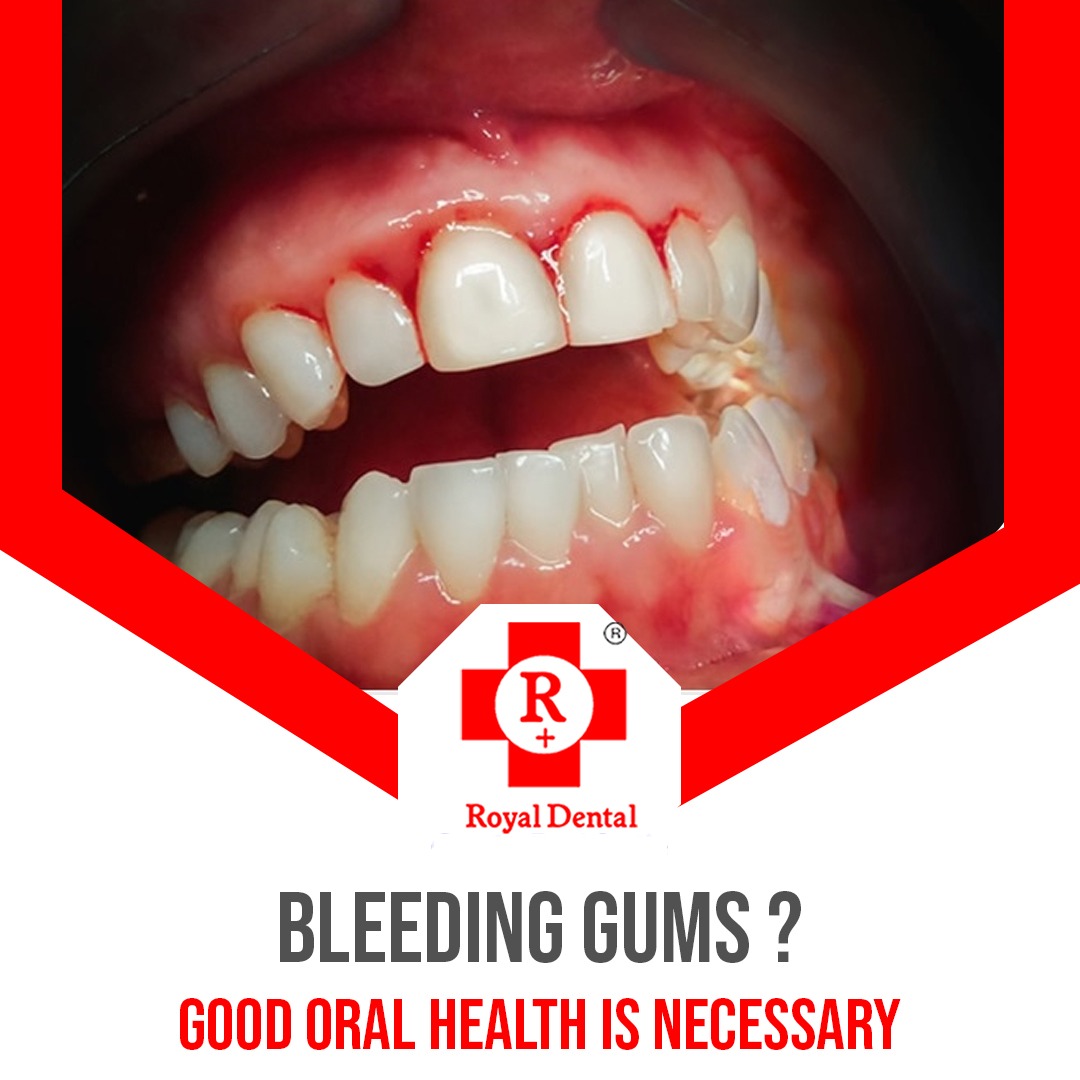If you have periodontitis, you’re not alone. An estimated one in four adults world-wide suffers from it, too. If that sounds scary, don’t worry. You can get periodontitis only if your personal hygiene is substandard and your genetic predisposition to the condition is activated by some other factors. Even though it’s a bacterial infection of the gums that puts you at risk for tooth loss, no one else has to catch it from you if you take steps to manage its progression early on. In most cases, this won’t happen unless you practice poor dental habits such as neglecting your oral care routine or failing to visit the dentist regularly.
The answer to this question is a resounding “no!” While many people believe that all kinds of infections are highly contagious and can be caught almost anywhere and from anyone, periodontitis isn’t one of them. It cannot be transmitted from person to person like a flu or common cold.
What is Periodontitis on gums?
Periodontitis is an inflammatory disease that affects the tissues surrounding the teeth, known as the periodontal ligament and the alveolar bone. It can lead to tooth loss if left untreated. A healthy tooth is held in place by muscles, roots, ligaments, and gingiva (gingivitis). Gums are very susceptible to bacterial infection, even more than the teeth themselves. In healthy individuals, the immune system can easily fight off infections. However, in people who have a genetic susceptibility to gum disease, the immune system is not strong bacteria at bay. As a result, a bacterial infection can occur and spread through the gums and tooth roots.

Signs and Symptoms of Periodontitis
Bleeding gums: One of the most common signs of gingivitis is bleeding during brushing or flossing. In healthy gums, the tissues are firmly attached to the teeth, but if gingivitis occurs, the gums separate from the teeth. When you brush your teeth or floss, you pull the gums away from the teeth, and in the case of an infection, the gums will be more likely to separate from the teeth and bleed.
Swollen gums: Swollen (edematous) gums can be a sign of an infection. Red gums: In some cases, the gums may become red and irritated.
Bad breath can be sign of gum disease because the bacteria associated with gum disease create compounds that smell bad. This can happen in as little as three months if the disease goes untreated.
Tooth sensitivity: Some of bacteria that cause gum disease can enter the bloodstream and travel of the teeth. This can cause teeth to become sensitive to hot and cold.
Pocket formation: As the disease progresses, the inflammation in the gums can deepen and form pockets where bacteria and plaque can collect and cause more damage.
Tooth loss: the bacteria in the pockets around the teeth can spread to the roots of the teeth.
How is Periodontitis diagnosed?
You notice any of the signs and symptoms of periodontitis, you should visit your dentist and ask for a thorough oral health evaluation. If an oral exam reveals that your gums and teeth are healthy, but you still notice bleeding when brushing your teeth, the dentist may recommend that you use a softer toothbrush.

If the problem persists, you may have early signs of periodontitis and should visit your dentist for a thorough oral health evaluation. The dentist or dental hygienist will examine your teeth and gums and look for any signs of periodontal disease including red, swollen gums, teeth that are loose or appear to be shifting out of place, and a deep pocket between the tooth and gum that is difficult to clean. The dentist or hygienist will also take a small sample of the gums to look at under a microscope to see if there are any signs of infection.
What are the causes of Periodontitis?
When left untreated, they can lead to periodontitis and cause serious health problems. The most common bacteria associated with periodontitis are Streptococcus mutans, Actinobacillus, and Porphyromonas gingivalis. The best way to prevent control disease is through daily oral health care and professional care from your dentist.
Conclusion
Periodontitis is an inflammatory disease that affects the tissues surrounding the teeth, the periodontal ligament and the alveolar bone. It can lead to tooth loss if left untreated. Gingiva are very susceptible to bacterial infection, even more than the teeth themselves. In healthy individuals, the immune system can easily fight off infections. However, in people who have a genetic susceptibility to gum disease, the immune system is not strong enough to keep the bacteria at bay. As a result, a bacterial infection can occur and spread through the gums and tooth roots. The best way to prevent and control gum disease is through daily oral health care and professional care.






